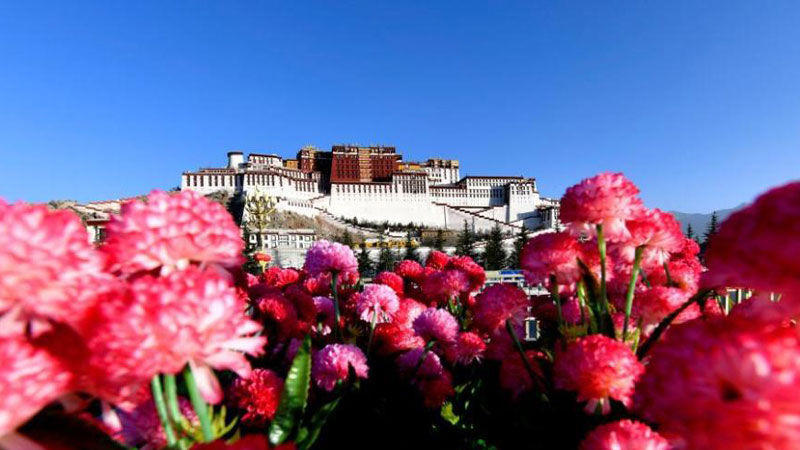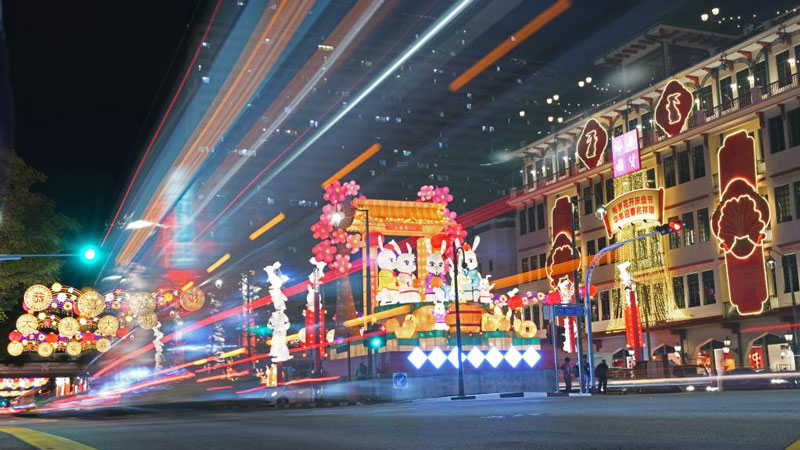Why high quality development is key for China and SA post Covid
What is meant by high-quality development? Why is it relevant, for the People’s Republic of China (PRC) and South Africa, as the world transitions to a post-Covid-19 new normal?
In 2017, at the 19th National Congress of the Communist Party of China, President Xi Jinping, noted that the PRC was moving from a period of unprecedented fast economic growth to a stage of high-quality development.
The shift from quantity to quality production has become evident in China’s ascendance in scientific advancements and high-end technological industries. High-quality development has seen the PRC claim its world status with the landings on Mars and the moon. Its technological rise is witnessing China leading in 5G wireless network and the development of electrical vehicles.
In strategic policy terms, for President Xi, high-quality development speaks to a country focus and prioritisation of low-carbon emission industries, energy-efficient infrastructure, smart transportation and high-quality consumption.
It requires the country to be self-sufficiently innovative and to strive for openness and transparency in its modernised development. High-quality development will be synonymous with prioritising the green economy and lowering the carbon footprint in the hi-tech industrialisation of value-added consumer products.
High-quality development is not a concept and practice (praxis) that belongs to any one country, geography or social group. The cumulative demands of the post-Covid-19 world order involve co-operation more than competition in, for example, ensuring that worldwide industrial and supply chains are restored.
Fortunately, such cooperation and integration has produced positive results in reaching agreement on ecological challenges and manned space programmes.
Regarding the former point of ecological collaboration, this is another reason the PRC attained ecological progress as highlighted in an article in Xinhuanet, titled “Xiplomacy: Xi on China’s Pursuit of High-quality Development”.
The article stipulates that under “Xi’s leadership”, it is a fact that “energy consumption per unit of gross domestic product dropped 13.2 percent between 2015 and 2019, city dwellers now breathe in unpolluted clean air for 82 percent of the days in a year, and water quality has improved to sound levels”.
Seen in this light, high-quality development hinges on movement from quantitative economic indicators towards sustainable and environmentally-friendly growth that places people and nature as a singular unit.
It is about transitioning from focusing on high GDP figures to people-centred and Earth-focused targets that respond to growing contradictions of rural-urban divides, skewed global North and South development, and an increasing exclusion of the poor in decision-making processes that affect their lives and livelihoods.
South Africa has an advantage in possessing all the resources and conditions required for high-quality development. South Africa must take advantage of the heightened South Africa-China relations and engage in a leapfrogging-type development that stands to launch it to high-quality development.
Leapfrogging could help ease the impasse and disparity that bedevils the South African state's efforts towards building high-quality development while dealing with issues of basic socio-economic needs for the majority of its people.
South Africa counts as a major player with a capacity to unleash a type of development that stands to further enhance efforts towards security and prosperity in the region and continent.
Therefore, high-quality development is identical to high-quality globalisation that informs the rationale behind the transformative Belt and Road Initiative that aims for common prosperity, more so as the globe faces the inherent Armageddon threat from the Russia-Ukraine stand-off caused primarily by “exceptionalist” attitudes and medieval us-versus-them ideologies that cursed the 20th century.
Paul Tembe is a South African expert on China.
Photos
Related Stories
- Openness, green growth drive Beijing-Tianjin-Hebei development: index report
- Development holds key to unraveling global security crisis: Chinese envoy
- China's development is an inspiration for the world
- Expats hail Chinese development philosophy, opening up
- China's recipe for bigger pie of global development in new blueprint
- China to continue implementing the policy package and follow-up policies to boost economic recovery and growth
- Interview: China offers successful example for world development, says Guinea-Bissau's ex-PM
- Young people pay tribute to nation's advances
- China achieved economic and social success in past decade: Former Italian official
- China -- Ten perspectives on a remarkable decade
Copyright © 2023 People's Daily Online. All Rights Reserved.









